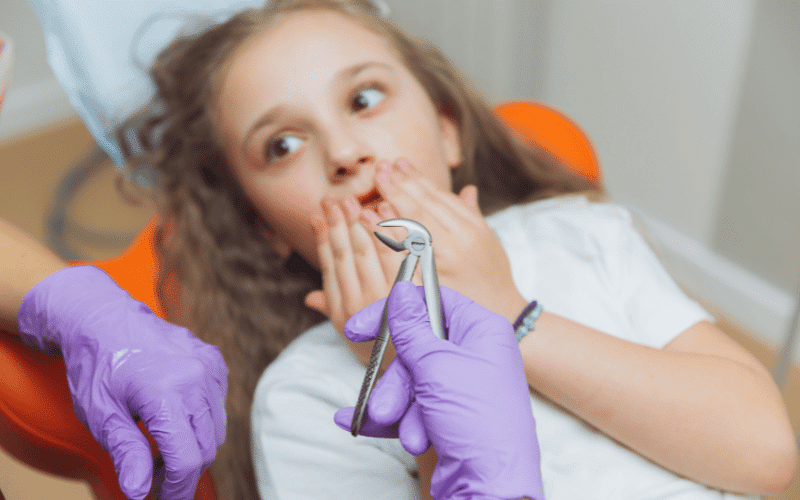Understanding The Causes Of Dental Anxiety And How To Manage Them

Dental anxiety is a common issue that affects many individuals, preventing them from seeking necessary dental care. However, understanding the causes of dental anxiety and implementing effective management strategies can help individuals overcome their fears. In this blog, we will delve into the causes of dental anxiety and explore various techniques for managing and alleviating it.
What Is Dental Anxiety?
Defining dental anxiety as a feeling of fear, unease, or stress associated with dental visits and treatments. Recognizing the impact of dental anxiety on oral health and the importance of addressing it for overall well-being.
Causes Of Dental Anxiety
Fear of Pain
One of the primary causes of dental anxiety is the fear of experiencing pain or discomfort during dental procedures.
Previous Negative Experiences
Past traumatic or uncomfortable dental experiences can contribute to dental anxiety.
Fear of Loss of Control or Embarrassment
Feeling vulnerable and losing control over the situation can trigger anxiety and the fear of embarrassment or judgment by dental professionals.
Dental Phobias
Specific phobias, such as fear of needles, drills, or the dental environment, can intensify dental anxiety.
Techniques For Managing Dental Anxiety
Open Communication With The Dentist
Establishing open and honest communication with the dentist can help alleviate anxiety. Discussing fears and concerns allows the dentist to tailor the treatment approach accordingly.
Building Trust And Rapport
Developing a trusting relationship with the dentist and the dental team can help reduce anxiety levels.
Gradual Exposure And Desensitization
Gradually exposing oneself to dental environments and procedures can help desensitize the anxiety response over time.
Distraction Techniques
Engaging in relaxation techniques, such as deep breathing exercises, listening to music, or watching TV shows, can divert attention from anxiety-inducing stimuli.
Sedation Options
Pediatric dentists may offer sedation options, such as nitrous oxide (laughing gas) or oral sedatives, to help patients relax during dental procedures.
Cognitive-Behavioral Therapy (CBT)
CBT techniques, such as identifying and challenging negative thoughts and beliefs about dental visits, can be beneficial in managing dental anxiety.
Creating A Comfortable Dental Environment
Dental Office Ambiance
Pediatric dentists can create a calming and welcoming environment by incorporating soothing colors, comfortable seating, and relaxing music.
Patient-Centered Care
Dental professionals can adopt patient-centered approaches, involving patients in treatment decisions and explaining procedures in detail to reduce anxiety.
Understanding the causes of dental anxiety is the first step toward effectively managing it. Individuals can overcome their anxiety and seek dental care by addressing the fear of pain, negative experiences, loss of control, and specific phobias. Open communication, building trust, gradual exposure, distraction, and sedation options can help manage dental anxiety.
Creating a comfortable dental environment focusing on patient-centered care further reduces anxiety. Remember, dental anxiety is common, and you are not alone. Individuals can prioritize their oral health and maintain a positive relationship with dental care providers by taking proactive steps to manage dental anxiety.



